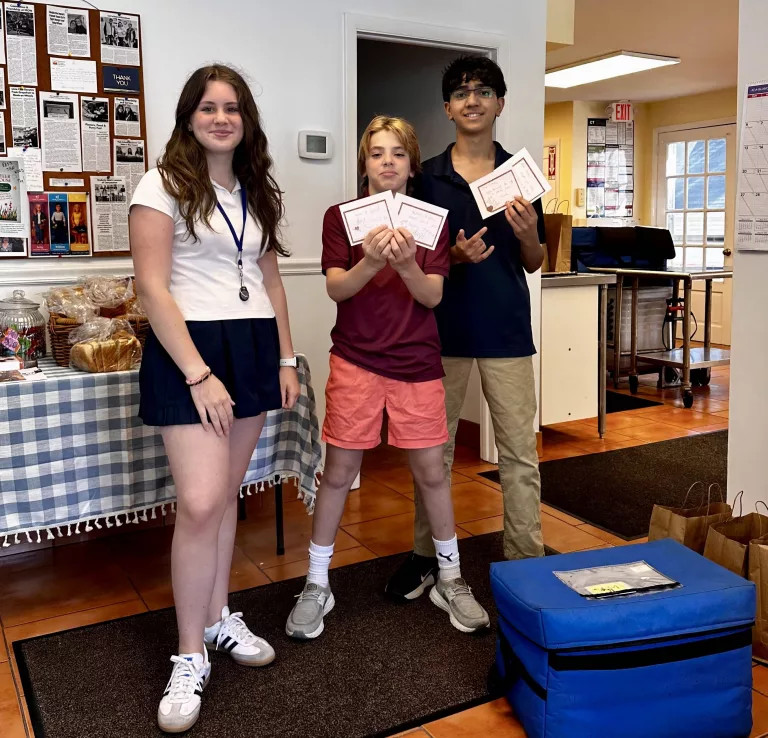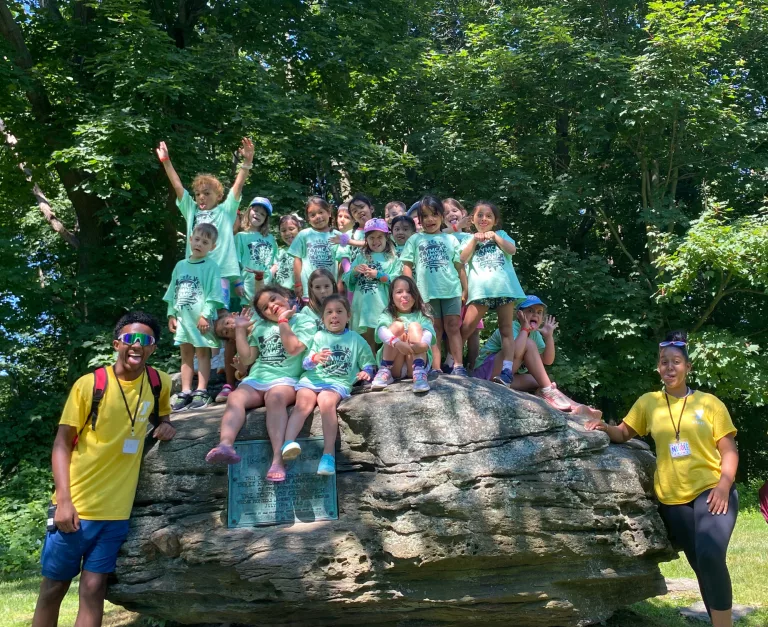
By Drew Williams
Last week I wrote about some of the extraordinary history of Cos Cob Park. A century ago this nine acre site (now a beautifully restored water front park) was home to the world’s first experimental power station, bringing electrical power needed to run trains from Long Island to New Haven, Danbury, New Canaan and White Plains.
In its day, about 150 men labored at the Cos Cob Power Plant, working around the clock. Their labor was long, hard and dangerous but one local man distinguished himself as an exemplary leader.
The Chief Electrical Engineer from 1923 to 1940 was Lewis Grant O’Donnell. O’Donnell had been with the plant since its opening in 1907 and knew the arduous nature of the work. Perhaps this firsthand experience helped shape his sense of responsibility to his employees. In an interview conducted in 1989, O’Donnell’s daughter, Gertrude Riska, described his role as “a 24-hour job, whether he was there or at home…. During emergency calls he would have to go at night.”
The plant, decommissioned in 1987 and demolished in 2001, was a colossal concrete cathedral of heat, noise and mechanization. Into such a vast industrialized environment, O’Donnell brought a surprisingly human touch. 1938 was a year in which there had been several serious accidents. In response, O’Donnell painted a mural measuring six feet wide and three feet high that depicted a racetrack. He created wooden horses that could be moved along from the start line to the finishing post. Each department was represented by a different racehorse, and they advanced or retreated according to the number of careless accidents in any given month. Among the wooden figures was a donkey named “Carelessness” that was awarded to the department that had the lowest score. The winning department was rewarded for their compliance with safety procedures. Above O’Donnell’s mural was inscribed this poem:
Our racehorse Safety who is fast on his feet
Can beat old Carelessness whenever they meet
So give him your support—obey all the rules
By taking no chances when working with tools.
Over the next seven years no accidents occurred at the Cos Cob Power Plant.
During the Depression, O’Donnell also fought to keep his workers’ in paid employment—men who were the main breadwinners of local families with children. When redundancies were threatened, O’Donnell asked them if they would take a cut in pay to keep everyone working, but his plan was opposed by those who had been working at the plant for years who insisted that O’Donnell let go newer members of the workforce. In a moment that Solomon would have been proud of, O’Donnell gathered the workers and announced, “I have a hat in my hand which contains slips of paper with each man’s name on it…the first 20 names [pulled out] are the men that will be laid off.” Those who had opposed him were now appalled that their tenure was to be left to chance and they all agreed to the pay cut, ensuring that no one was laid off.
Notwithstanding the long hours and pressures of power production for an expanding rail network, O’Donnell found time to bless the wider Cos Cob community. He was one of the founders of the Cos Cob Fire Department, built the first pumper for the fire patrol and drew up the plans for the firehouse in Cos Cob. He recycled plant waste to fill in a swamp upon which Cos Cob School now has part of its playground. And, anticipating a future that he did not live to see, he created a mini-park beside the Cos Cob Firehouse. His daughter remembered: “My father had established many flower beds… the paths were neat and edged with whitewashed stones. At Christmastime there were at least ten Christmas trees, ablaze with colored lights, a lovely sight for the people to see from the trains.”
In 1988, after the plant closed, a special tour was conducted. O’Donnell’s daughter recalls taking the tour and looking up at the huge turbines and miles of electric cables. Thinking of her father’s accomplishments, she wondered, “How did he do it?”
I believe we might find our answer in the Psalms. At Psalm 78 verse 72 we find this description of King David’s leadership: “He cared for them with a true heart and led them with skillful hands.” This is a particularly fitting tribute to O’Donnell who demonstrated tremendous skill and wisdom in leading his workforce to fulfill a mighty enterprise. But this accomplishment was built upon his deep care for the welfare of his employees. O’Donnell’s daughter recalls that her father saw the plant workforce as his extended family. I pray that I would lead, that all of us would lead in our many spheres of influence, including at home and in the workplace , with the same Godly wisdom and love.
For a visual telling of this remarkable story with film and photographs check out this short film:
The Rev. Drew Williams is senior pastor at Trinity Church in Greenwich.





